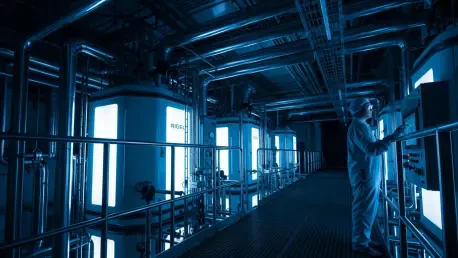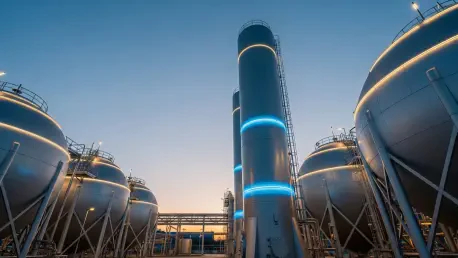
The ground is shifting beneath the feet of UK property developers as the once-unregulated world of heat networks is poised to become a formally supervised utility, fundamentally altering the calculus of new construction projects. This transition marks a pivotal moment for the industry, moving

Southeastern Australia recently grappled with its most intense heatwave since 2019, a year that ominously preceded the catastrophic Black Summer fires, signaling a potentially frightening new baseline for the nation's climate. Scientific analysis has now unequivocally linked this extreme event to

Deep within the sprawling energy hub of Houston, Texas, a startup is challenging the very foundation of the industry that defines its home. Syzygy Plasmonics, a company born from university research, is developing a revolutionary method to produce sustainable aviation fuel (SAF), representing a

A bold vision for a near-zero emissions future is taking shape across the European continent, hinging on a proposal to legally mandate one of the most drastic environmental transformations in modern history. The European Union stands at a critical juncture, debating a landmark proposal to slash its

The intricate dance of global oil prices can be swayed by supply reports and economic forecasts, yet sometimes the most significant market-moving force is nothing more than a few carefully chosen words from a world leader. A single presidential statement can send immediate and powerful ripples

For years, the promise of transforming organic waste into clean energy has been hampered by an expensive operational bottleneck, but a recent technological development may finally clear the path for widespread adoption. The biogas industry stands as a cornerstone of the circular economy, offering a